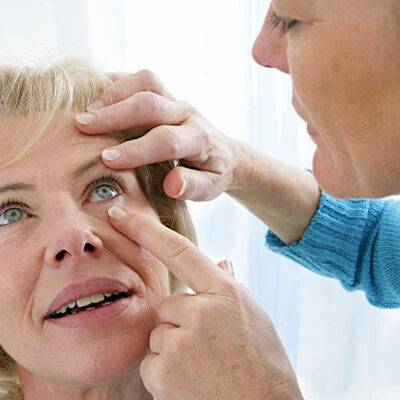
7 Methods to Slow Down Macular Degeneration
Age-related macular degeneration (AMD) is a condition that affects one’s central vision, causing blurry or fuzzy vision, difficulty recognizing familiar faces, straight lines to appear wavy, blind spots, and/or loss of central vision affecting daily activities such as reading, driving, etc. It is one of the most common causes of eyesight loss in people over 50.
Read More 









